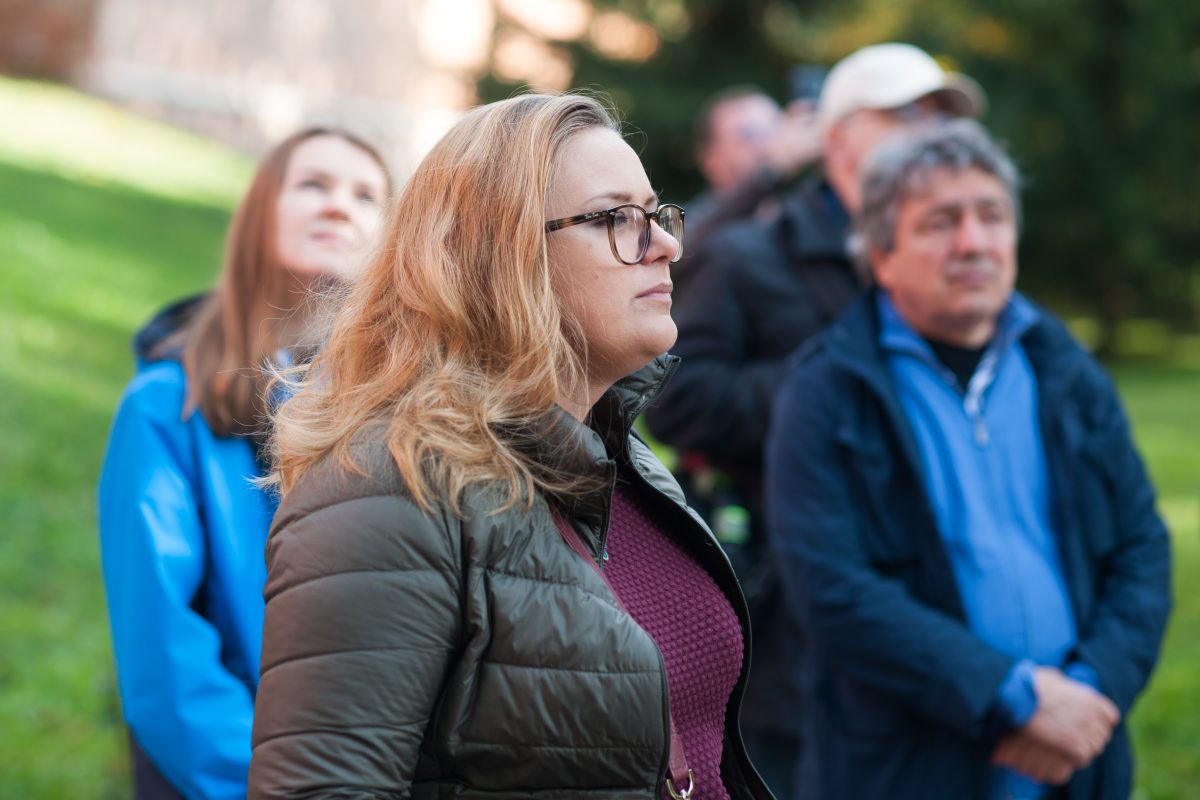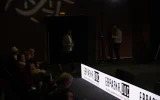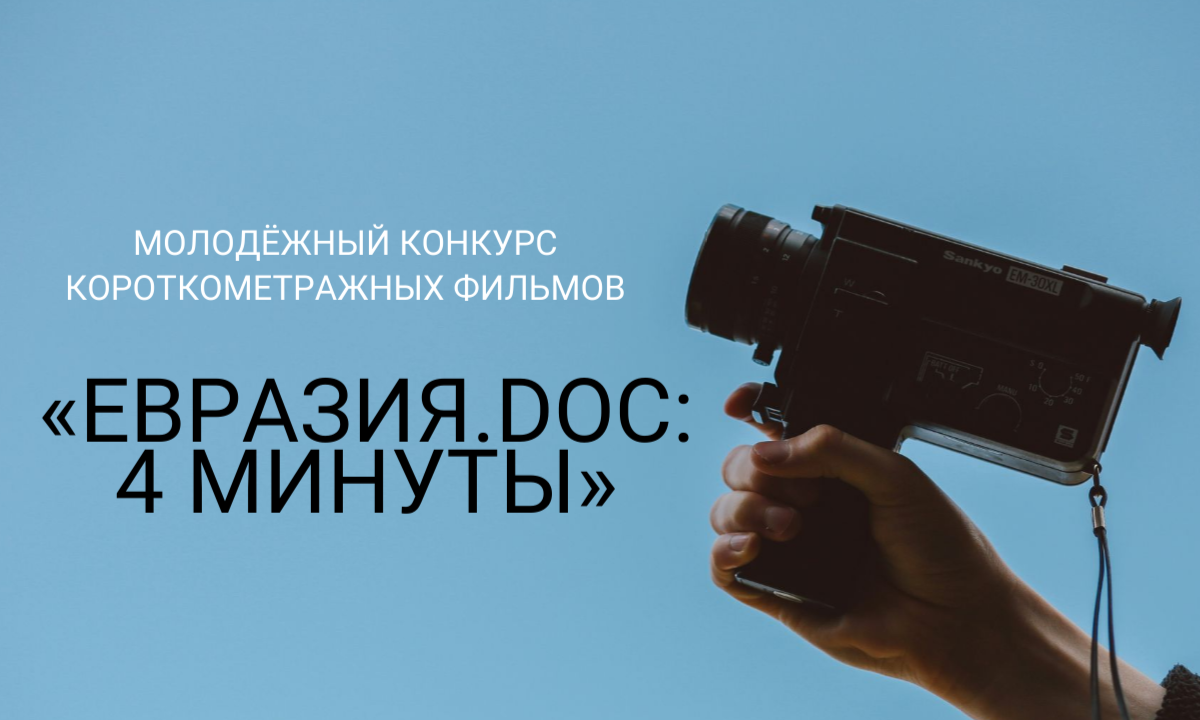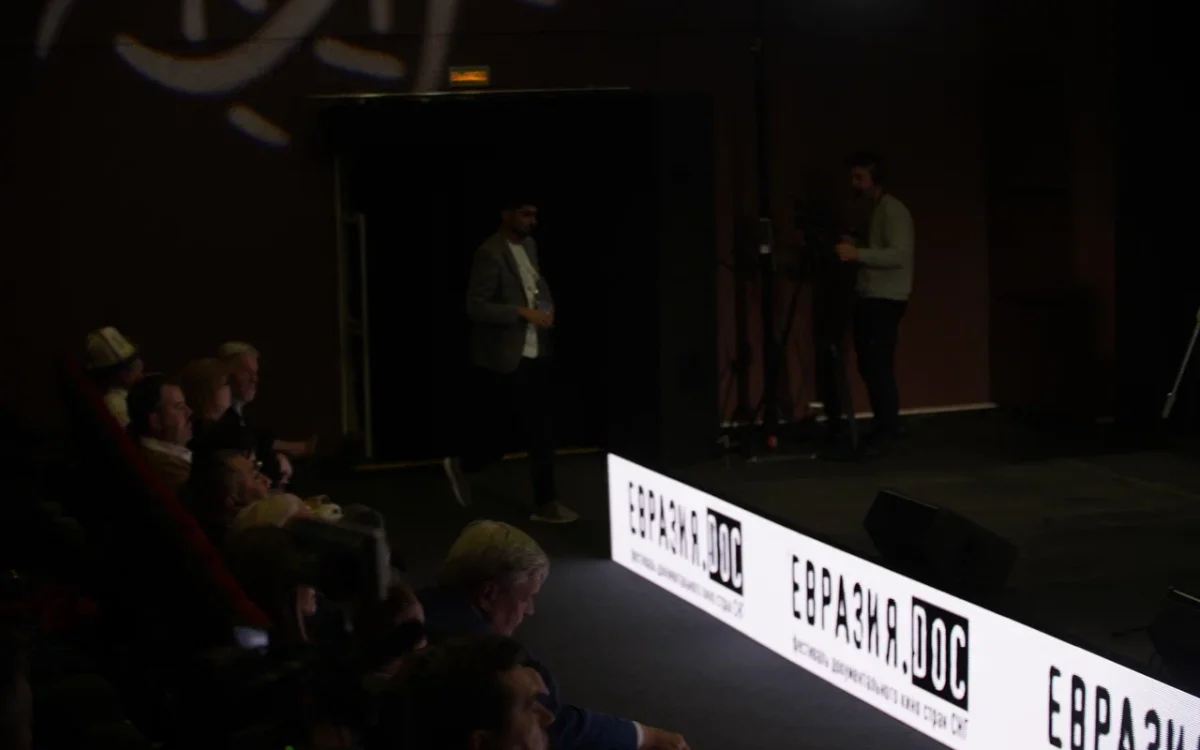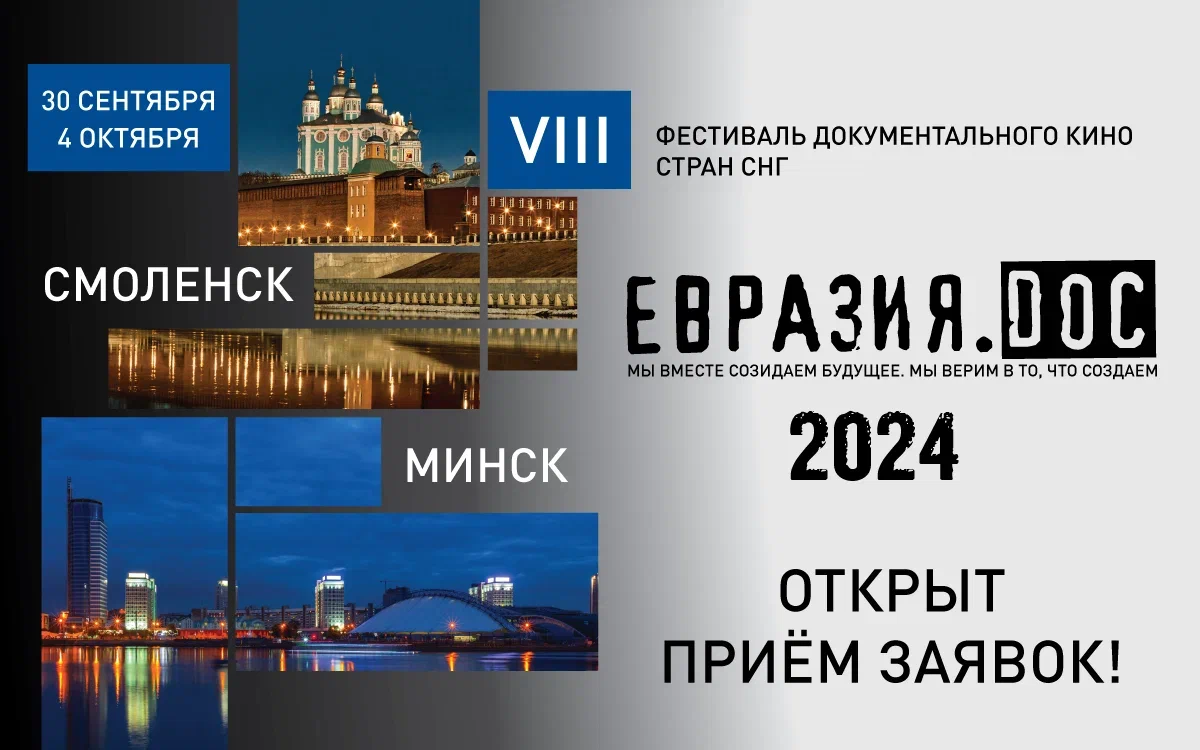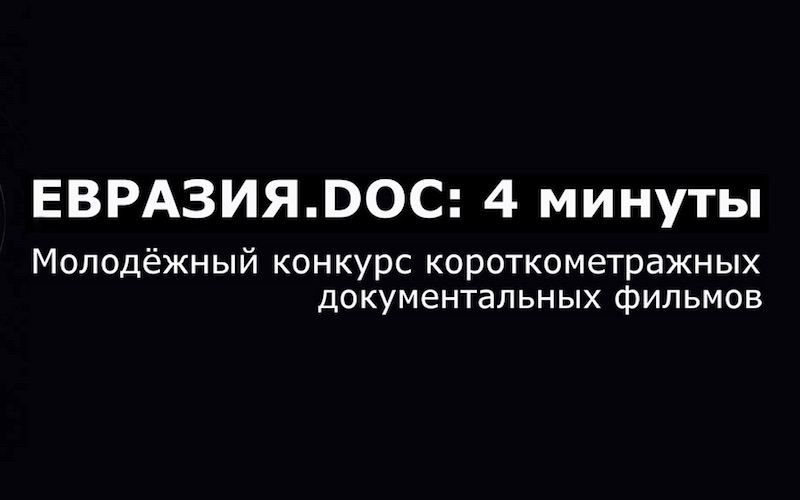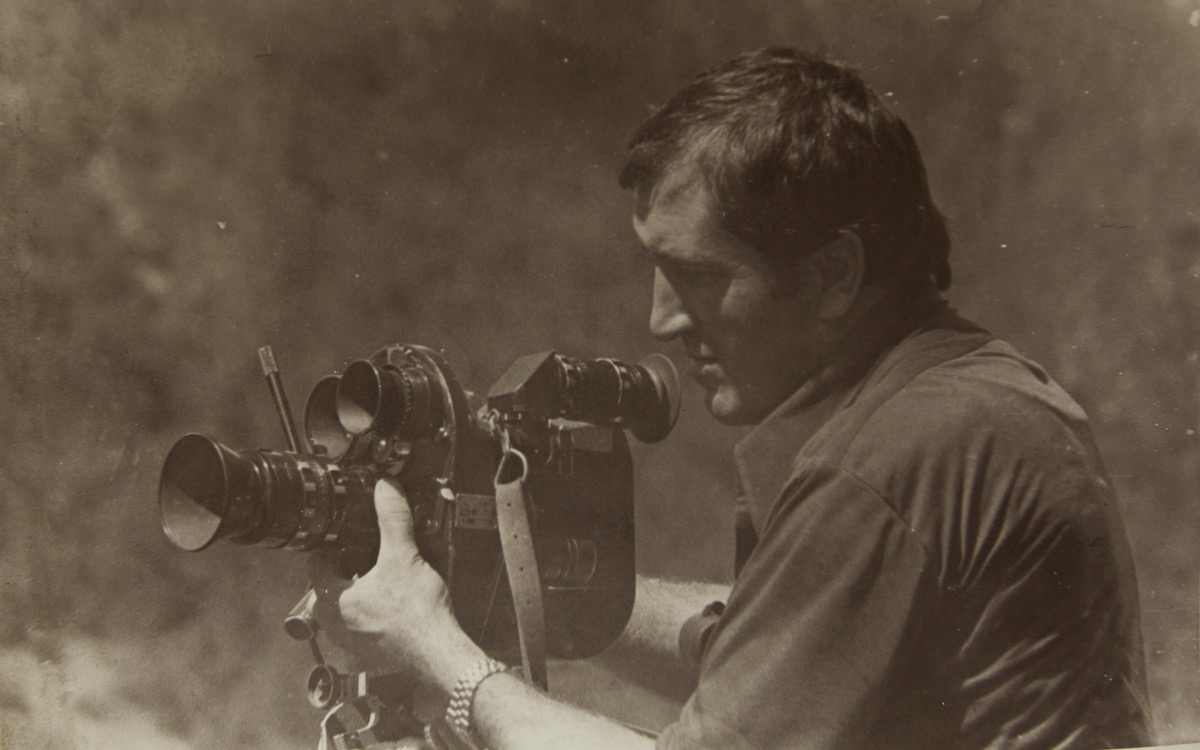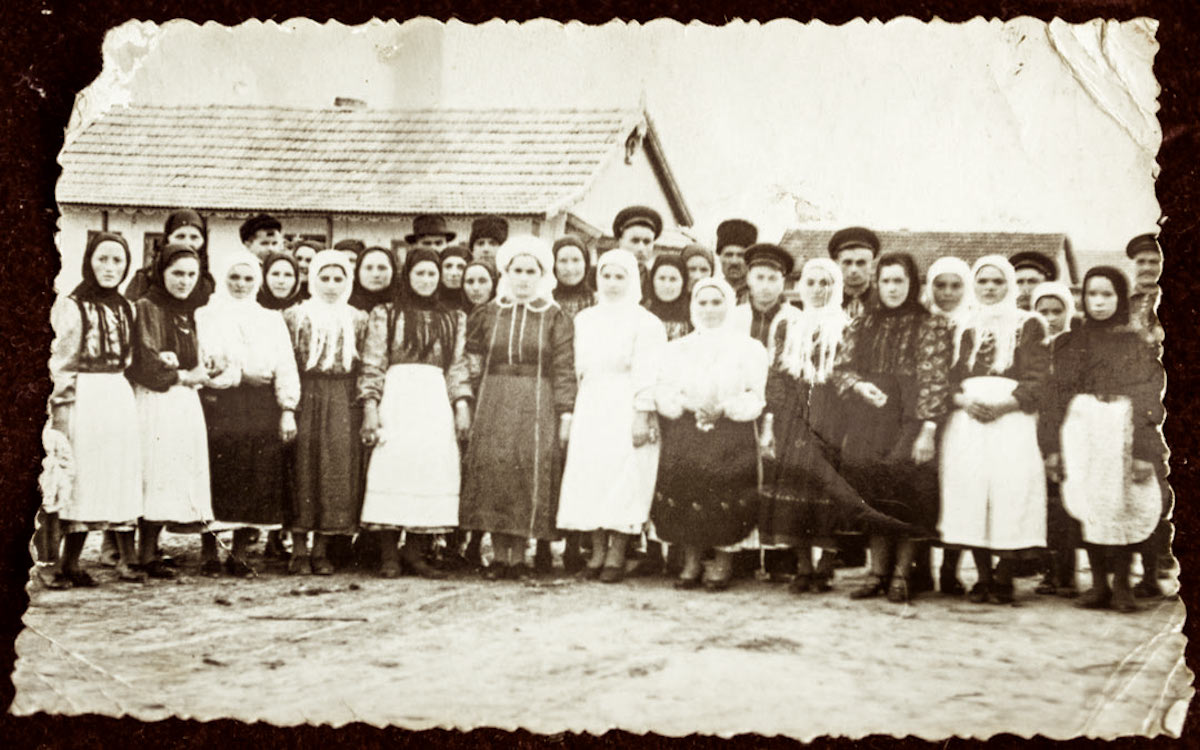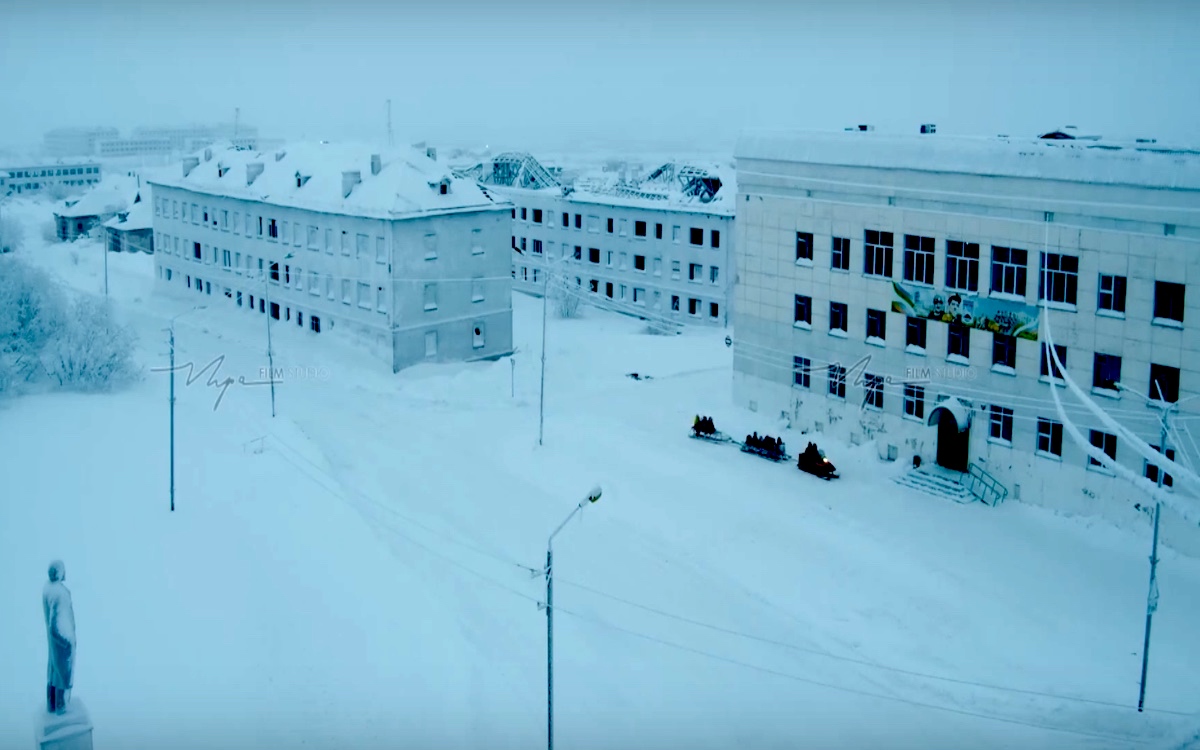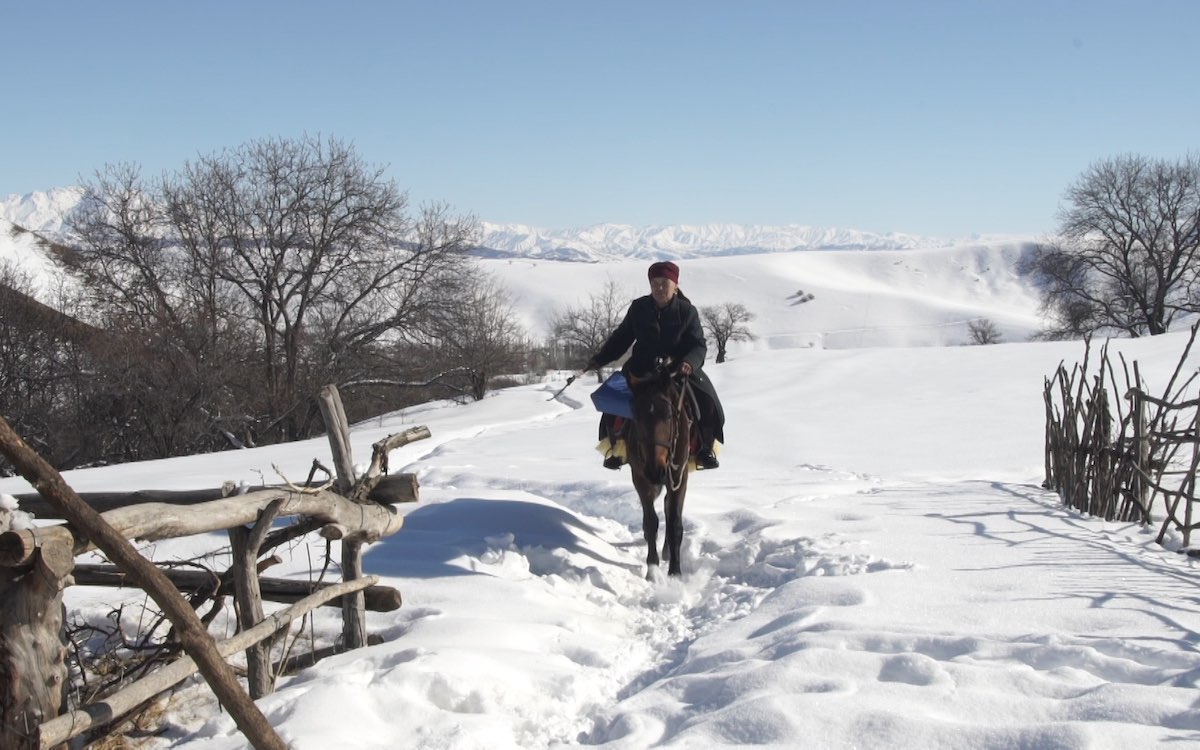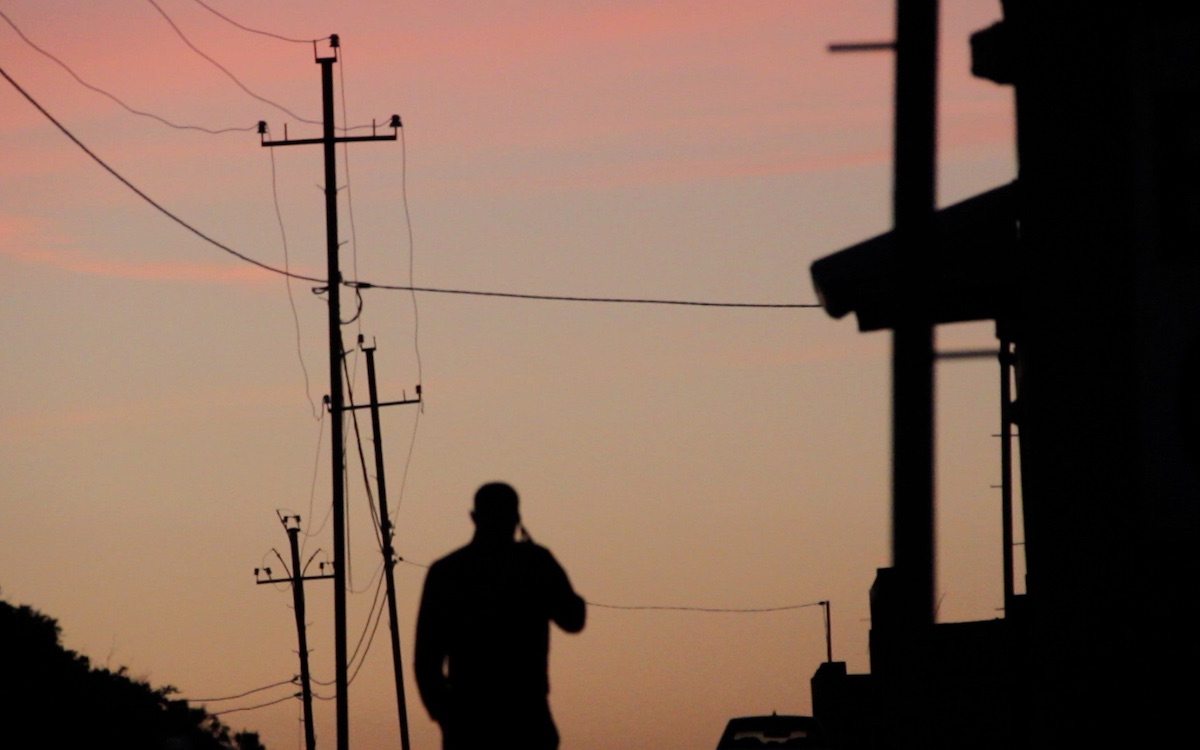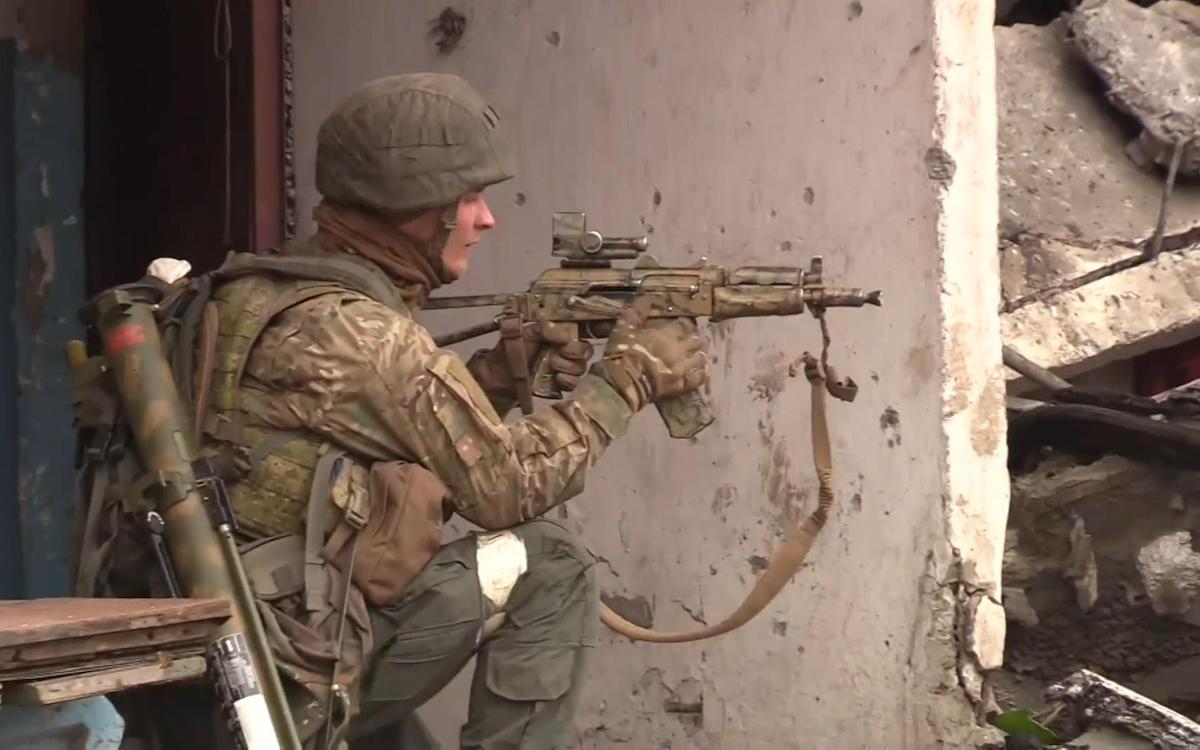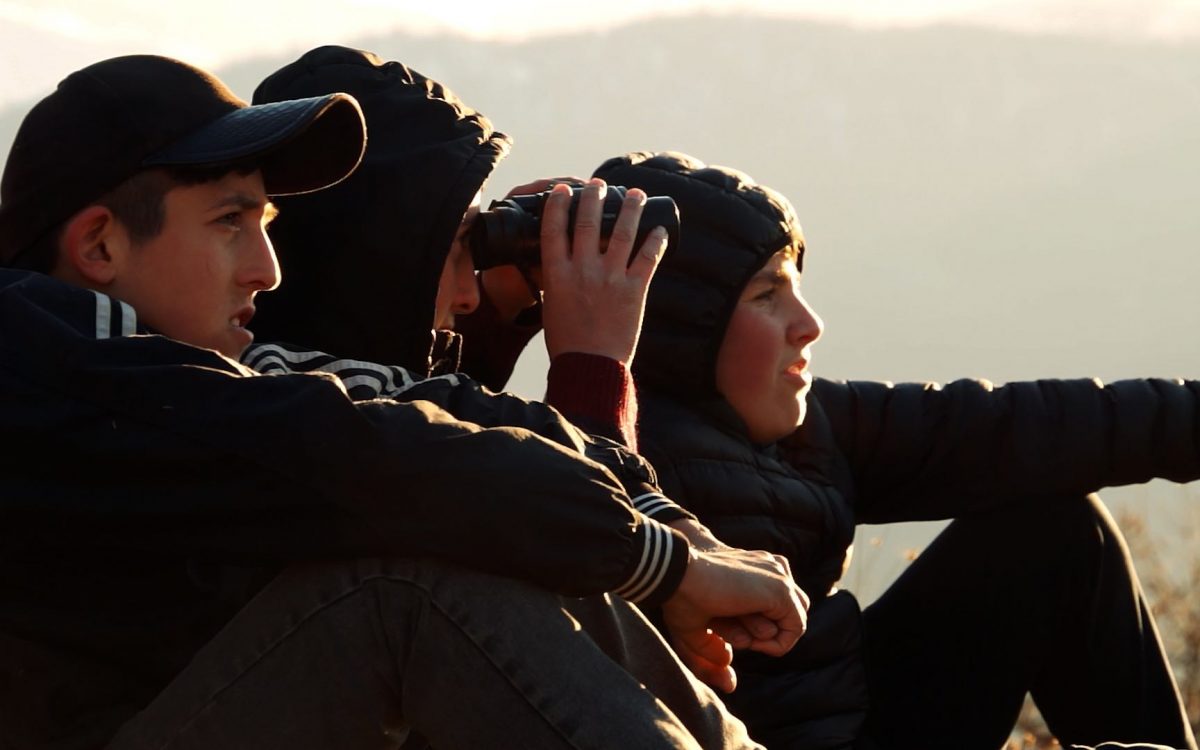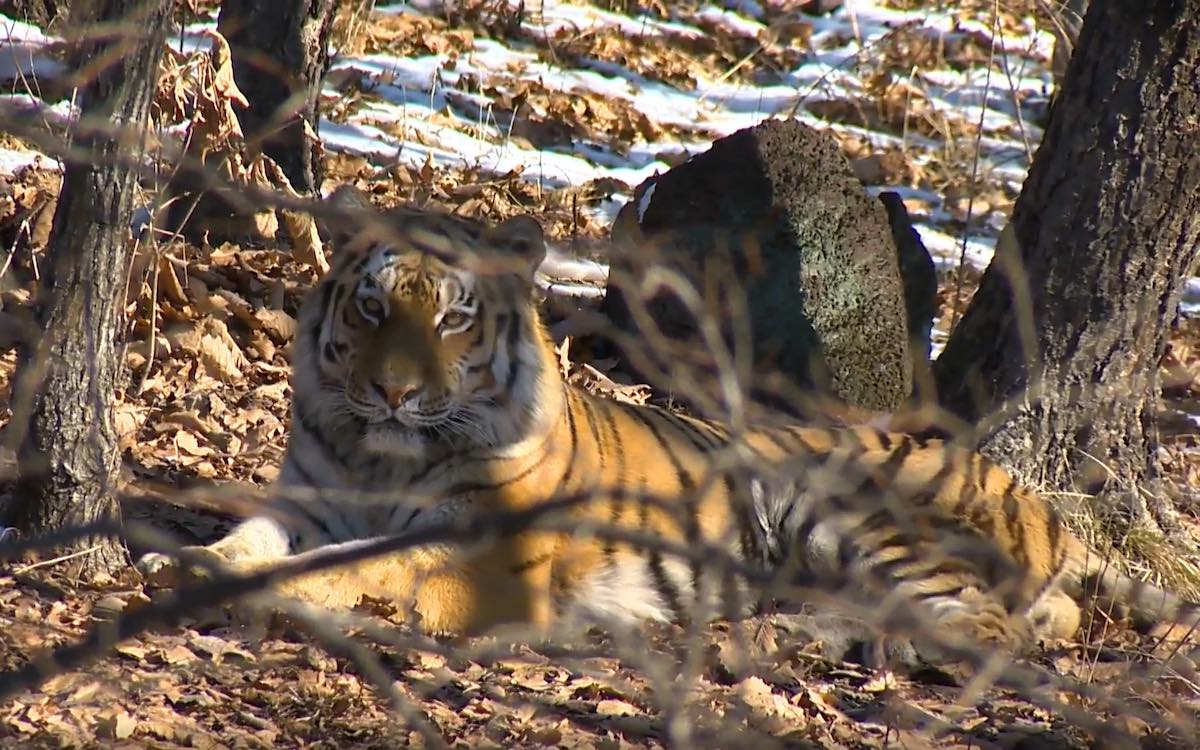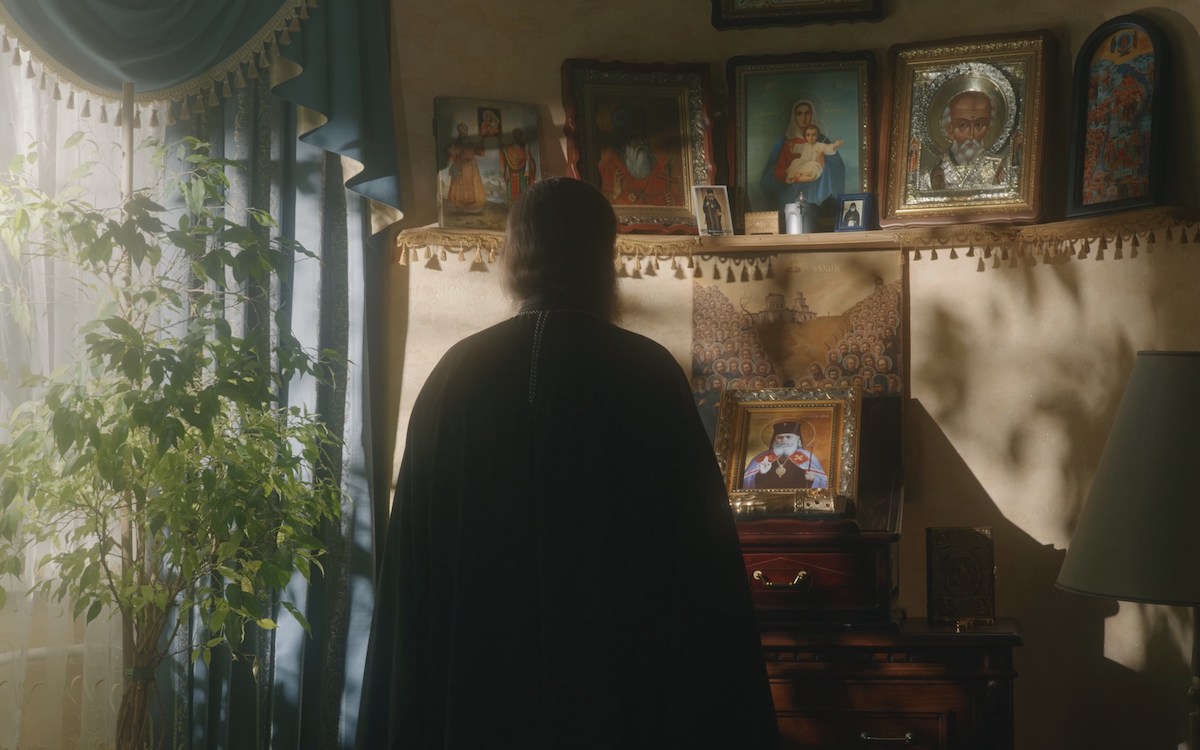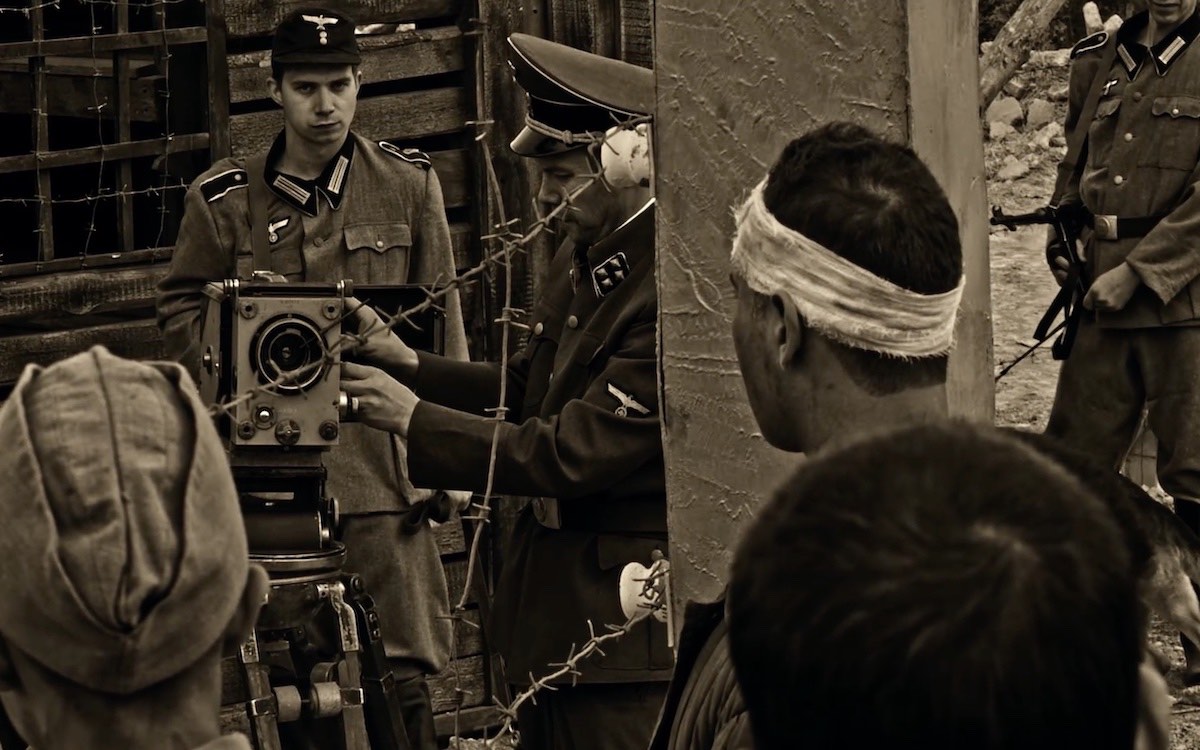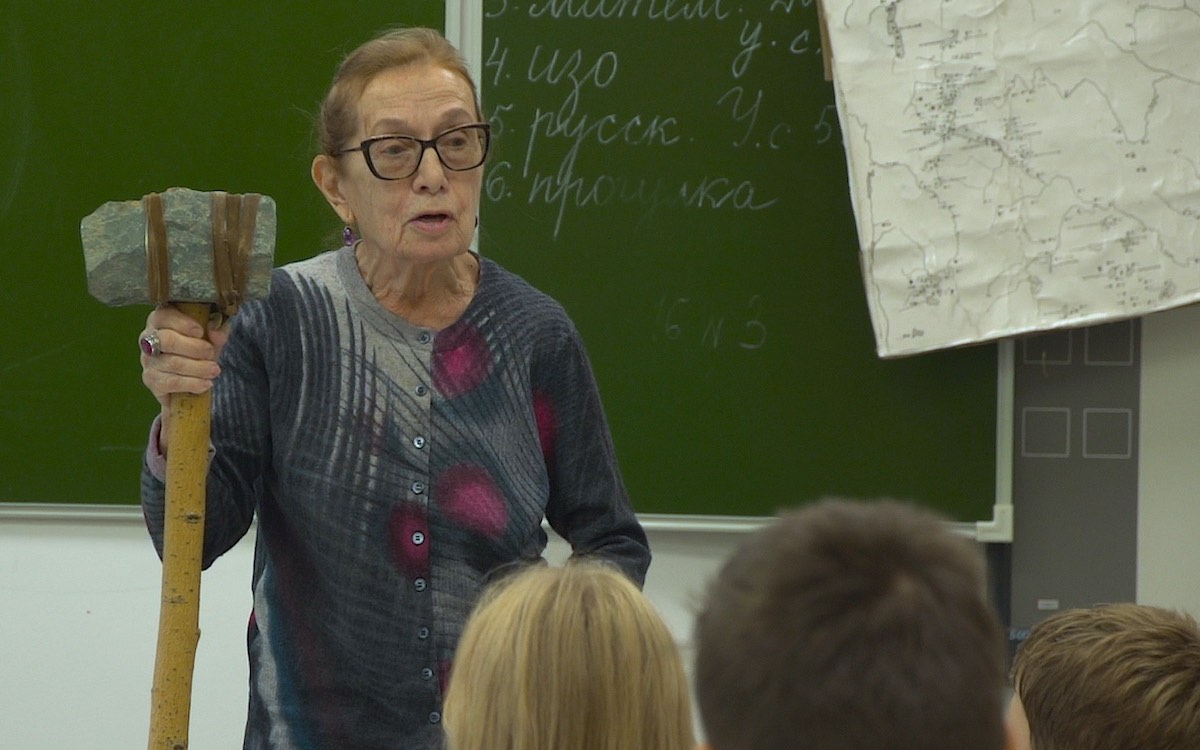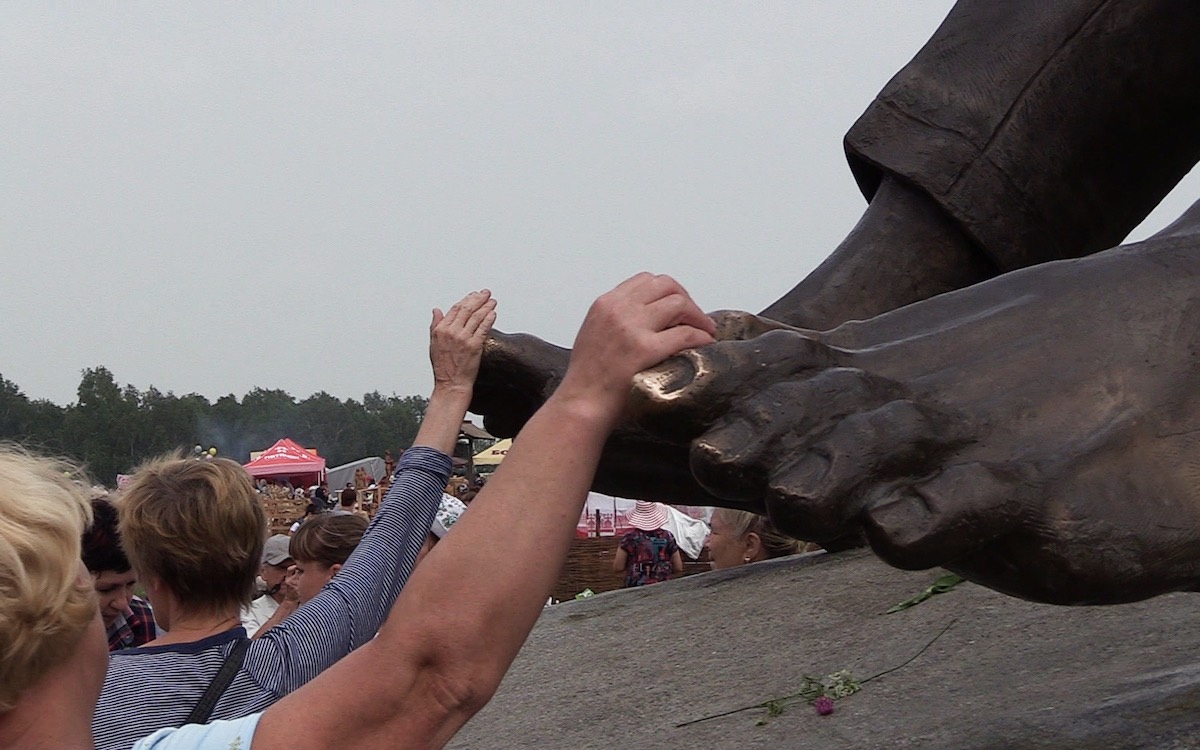In 2024, the Eurasia.DOC festival will start after a short break. This time was filled with the search for new solutions aimed at developing the project, in particular, strengthening its team. Thus, in the new season, director, documentarian, former laureate and holder of a special Diploma of “Eurasia.DOC” Natalya Makhanko will act as a producer of the Festival. We talked with her about her plans – all the details are in the interview.

Natalya Makhanko is a director, producer, member of the Guild of Directors of Russia, member of the Guild of Non-Fiction Film and Television.
Graduated from VGIK, directing department, workshop of S.V. Miroshnichenko in 2008. Author of the documentary film “Waiting List”, dedicated to bone marrow donation in Russia.
In 2020, the film was awarded a Diploma from the CIS Documentary Film Festival “Eurasia.DOC”.
In 2022, Natalia was a member of the jury of the youth competition “Eurasia.DOC:4 minutes”.
– Natalya, please tell us how your acquaintance with “Eurasia.DOC” began?
– I participated in the competition program with the painting “Waiting List”. Any festival that gives a director the opportunity to go and present his film is always a holiday. You seem to communicate on work issues, share experiences, and at the same time relax. In the daily flow, there is no time to watch the films of colleagues and understand how the industry is changing. The festival allows you to see a certain cross-section of what happened in documentary films. For me, these few days in Smolensk were remembered as very soulful and warm. I made new professional relationships, and most importantly, interacted with the audience at the screening of my film.
– Then you became a member of the jury of the youth competition “Eurasia.DOC:4 minutes” and began to evaluate the works of beginning authors. As a professional director, was it difficult for you to look at the work of amateurs?
– “Eurasia.DOC: 4 minutes” is a test of the pen of young people. A film that may not be fully formed, sometimes the dramaturgy may not be fully sustained, and the simplest technical means are used to realize the concept. But watching this program is interesting from the point of view of the fact that you see how a person is in search of himself, his theme, a unique creative path. The participants most often do not have a specialized education, and this is an exclusively intuitive story: how a person feels is how he films. It is amazing.

– To put it briefly – it seems that this art is only capable of experienced directors?
– It’s difficult to make any movie. But if you sit down and think through the idea and the video sequence before you press the button on the camera, then everything will work out. In our first year, we had the task of making a five-minute documentary parable, told in film language, without voiceover, without interviews, without words. All students were forced to cope with this task and did it. Many works were even awarded at festivals. Therefore, everything is possible, you just need a very clear and thoughtful approach.
– How did your film “Waiting List”, with which you took part in “Eurasia.DOC”, come about?
– I have been a blood donor myself for 20 years. My first film at VGIK was dedicated to blood donation. And back in 2007, I read an article and learned that people can share stem cells and become the last chance to save a person with cancer. I called a large medical center in St. Petersburg and asked if it was possible to become a bone marrow donor, but they told me that the registry (a database with information about the genotypes of people who had previously agreed to become donors of bone marrow and hematopoietic stem cells – editor’s note) in Russia there is no. After more than 10 years, I again became interested in how things are now, and whether the situation in our country has changed over the years. I found an article about how the registry had appeared and 40,000 people were registered in it. But this is catastrophically low, since the probability of a match between the donor and the recipient is 1 in 10,000 (for a successful bone marrow transplant, it is necessary that the donor and recipient be genetically compatible from 90 to 100% – editor’s note). And this story really touched me. I would like to emphasize that I did not have any close or relatives who faced this problem. This is not my personal story, not my personal tragedy.
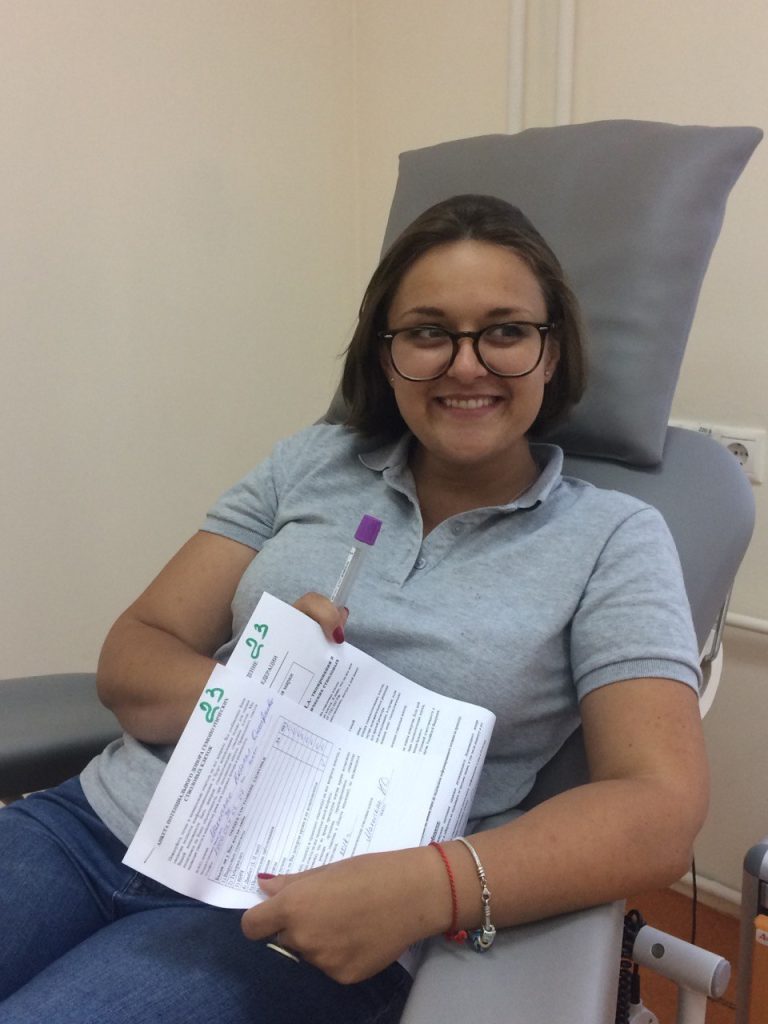
The next step was that I studied all the films devoted to this topic. They did not tell me, as a potential donor, why bone marrow donation is needed, whether the procedure is painful, or what happens after it. And I had a task – to make a movie that would answer all these questions.
I didn’t have any money for the film; it was an absolutely altruistic adventure. I made an agreement with my friend, cameraman Anya Ovanesova. As a creative person with sparkling eyes, she immediately responded. And we plunged into this world. We collected money on a crowdfunding platform and looked for sponsors. The entire team that gathered was united by the idea, and people wanted to shoot even without payment. Of course, in the end we raised a small budget, and everyone received a salary, but much lower than the market. Let’s say, I couldn’t pay the real price for the color correction that was performed in the film, but since it was done by a former patient of the hematology center himself, for him the mission came first. The film attracted caring people.
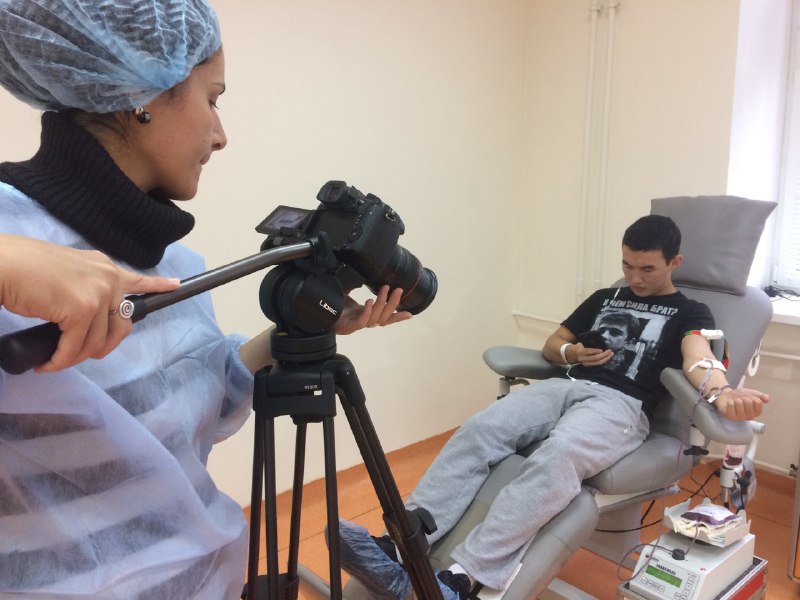
– How did the film reach the audience?
– We had a small film distribution in Russia. Then shows began at charity events and festivals. When I created the film, I did not consider it as a festival story. He had a completely different task, and festivals became a pleasant bonus for me.
I remember the show as part of a charity event in Rostov-on-Don. About 80 people gathered in the hall – young guys, students. Before the screening, after giving a short lecture, the moderator asked if there were anyone in the hall who was now ready to join the donor register. 8 hands were raised. And when she asked the same question after the show, 19 people who came responded. Many guys went to undergo typing (examination of a blood sample of a potential donor to determine compatibility – editor’s note). At such moments, you realize that the year of sleepless, very difficult life was definitely not in vain. And then a completely different reward arises, which you cannot display on the wall or put on a shelf, but which warms you very much.
Just yesterday there was a screening of a film for active youth from the Volunteer Company movement. Many years have passed, but “Waiting List” continues to live its own life; it is often shown in the regions at social and educational events.
– How did you take the offer to become a producer of the Eurasia.DOC festival?
– The offer was extremely unexpected, but it seemed very tempting to me. This year the festival will be held for the eighth time, and it has established principles and traditions. But as a new person on the team, I, of course, want to bring something of my own. I have some experience in participating in such events. By offering something new, I look at the festival through the eyes of a participant.
We decided to separate films with a running time of up to 20 minutes into a separate category. I think this will attract short film writers. It will be easier for them to find their niche, and it will be easier for the jury to evaluate films.
– What films would you like to see at the Festival?
– It has already happened that a large number of films are sent by TV channels, but I want to see more original films and documentaries. I hope this category will catch up and strengthen the program. Television films can always be seen on the TV channel; they get to the festival after airings. With documentary films the situation is different – it is always something more unique and personal. Such films do not always reach large audiences. But this does not mean that they are not worthy of attention. Therefore, festival venues give authors the opportunity to dialogue with an interested audience.
– Share your plans. Will you please us with new films?
– Now I am focused on “Eurasia.DOC”. Just yesterday we announced the start and have already received the first applications. People follow the Festival and look forward to it, it’s very nice.
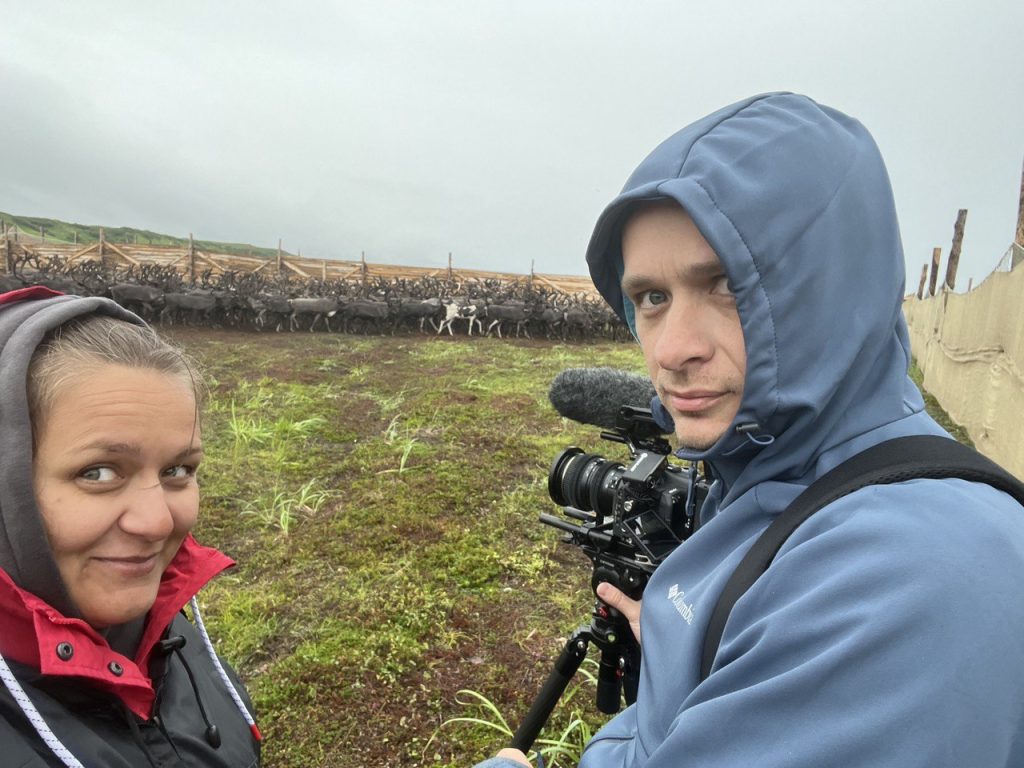
Cinema, of course, never leaves my life. In 2023, I shot 2 films in Kamchatka and am now on vacation. You always need to switch and change your focus. The festival will give me new emotions, inspiration and strength for a creative breakthrough. I’m in the process of writing a feature-length documentary script. Let’s see what happens this time.
– Thanks for the interview! We wish you creative success!

